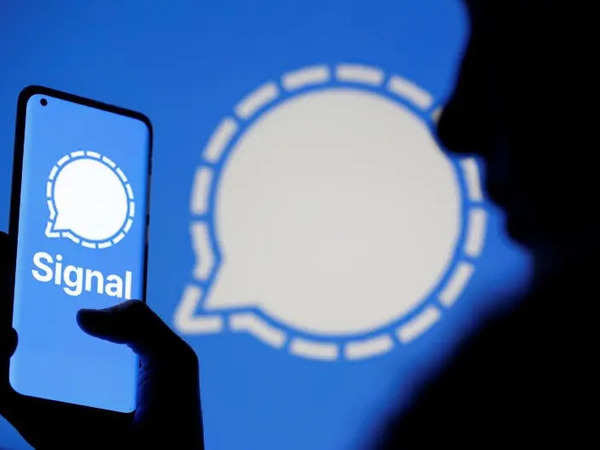In a significant escalation of its ongoing efforts to control the flow of information, Russia’s state communications watchdog, Roskomnadzor, has announced the blocking of the Signal messaging app. This action marks yet another step in the government’s broader campaign to restrict access to digital platforms that facilitate uncensored communication, particularly in the context of the ongoing conflict in Ukraine.
The Broader Context
Since the onset of the conflict in Ukraine, Russian authorities have intensified their grip on information, both within the country and across its borders. This latest move against Signal, a messaging app known for its robust encryption and commitment to privacy, is emblematic of a broader trend: the Kremlin’s determination to clamp down on platforms that offer secure communication channels beyond the reach of state surveillance.
Signal, which has gained popularity worldwide for its end-to-end encryption and its reputation for protecting user privacy, has been a critical tool for activists, journalists, and ordinary citizens in Russia. Its blocking is likely to raise concerns about the further erosion of digital freedoms in a country where the government has already taken steps to censor independent media, restrict social media platforms, and silence dissenting voices.
The Government’s Rationale
Roskomnadzor’s decision to block Signal comes as part of a larger strategy to control the narrative surrounding the Ukraine conflict. The watchdog cited concerns over Signal’s refusal to comply with local regulations, which include requirements for data localization and the ability for the government to access user data. By blocking Signal, the Russian government aims to limit the dissemination of information that it cannot monitor or control, thereby reducing the ability of citizens to organize, communicate securely, or share unfiltered news about the conflict.
This move follows the earlier blocking of other popular platforms, including Facebook, Twitter, and Instagram, as well as the imposition of strict laws that criminalize the spread of what the government deems “fake news” about the military and the war in Ukraine. The crackdown on digital communication tools has intensified as the conflict has dragged on, with the government seeking to maintain a tight grip on public perception and prevent the spread of information that contradicts the official narrative.
Implications for Digital Freedoms
The blocking of Signal represents a significant blow to digital freedoms in Russia. For many users, Signal was one of the last remaining platforms that offered a sense of security and privacy in their online communications. The app’s popularity surged after other major platforms were blocked, and its encryption features made it a favored tool for those seeking to avoid government surveillance.
With Signal now inaccessible, many Russians may turn to less secure alternatives, potentially exposing themselves to greater risks of surveillance and repression. The move also sends a chilling message to other tech companies operating in Russia: comply with the government’s demands or face similar consequences.
The International Response
Internationally, the blocking of Signal is likely to draw criticism from human rights organizations and governments that advocate for internet freedom. The move underscores the growing trend of digital authoritarianism, where governments use their power to restrict access to information and stifle dissent. It also raises questions about the future of the internet as a global, open platform, as more countries adopt similar measures to control online spaces.
As the conflict in Ukraine continues, the Russian government’s efforts to control information are likely to intensify. The blocking of Signal is just one part of a broader strategy to consolidate power and silence opposition, both online and offline. For now, the future of digital communication in Russia remains uncertain, with the government’s grip tightening and the space for free expression rapidly shrinking.
Conclusion
The blocking of the Signal messaging app by Russian authorities marks a significant escalation in the Kremlin’s efforts to control information in the context of the Ukraine conflict. As the government continues to clamp down on digital freedoms, the implications for privacy, security, and free expression in Russia are profound. In a world where access to information is increasingly mediated by digital platforms, the fate of Signal in Russia serves as a stark reminder of the vulnerabilities of online communication in the face of state power.






